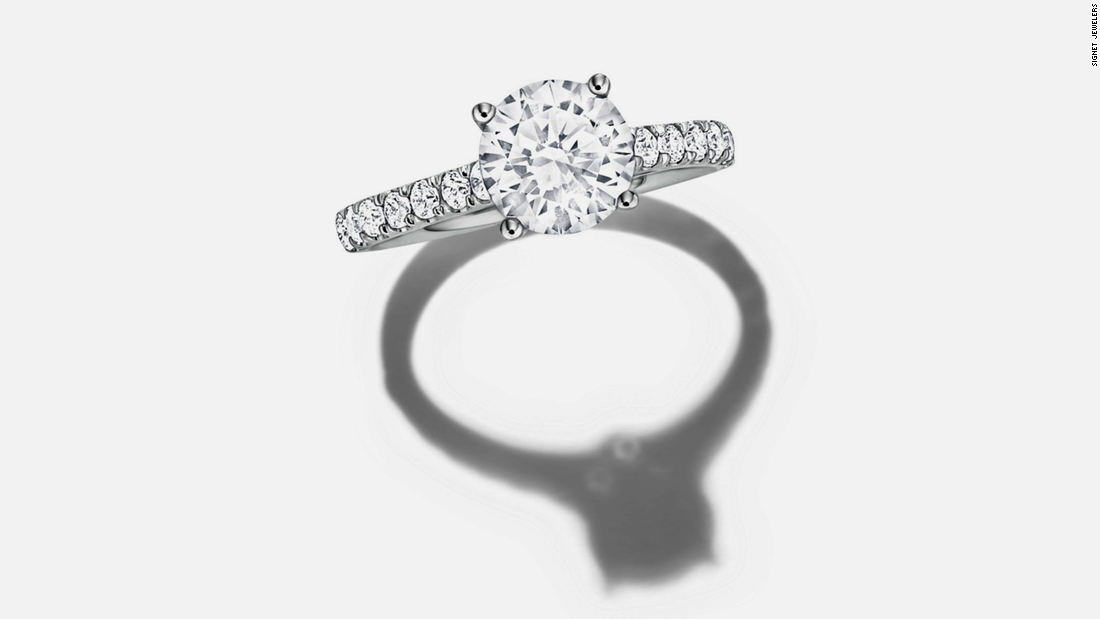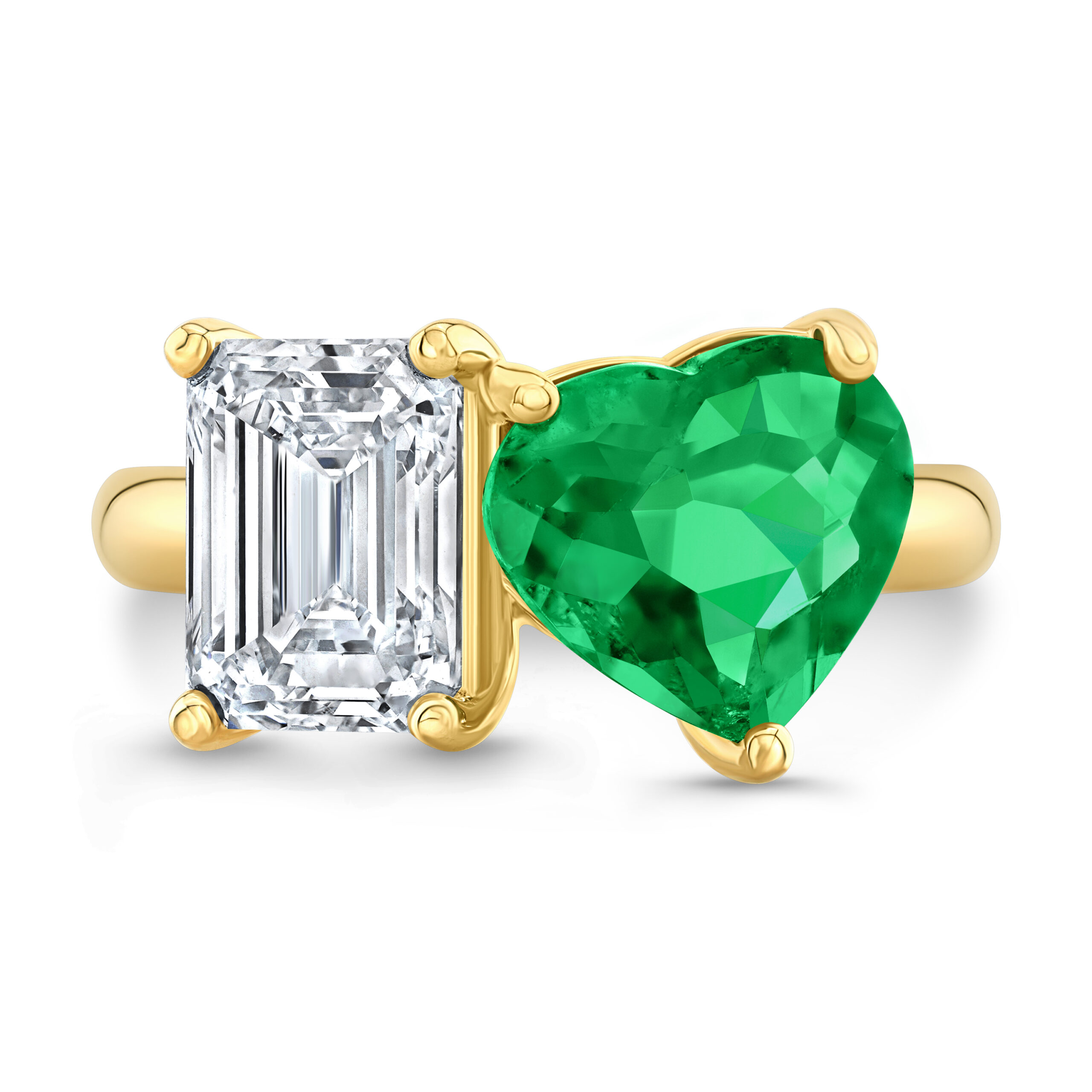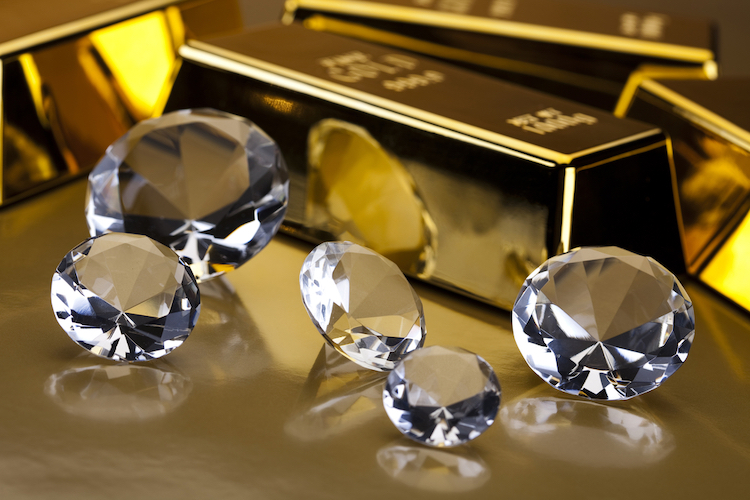In the world of diamonds, two names stand out prominently: GIA vs IGI. But what sets them apart? Which one should you trust when it comes to diamond grading? In this comprehensive guide, we’ll delve into the nuances of GIA (Gemological Institute of America) and IGI (International Gemological Institute) to help you make an informed decision.
Table of Contents
1. Introduction: The Importance of Diamond Grading
Before we dive into the specifics of GIA vs IGI, let’s understand why diamond grading matters. When purchasing a diamond, you want assurance regarding its quality, authenticity, and value. Diamond grading laboratories like GIA Vs IGI play a crucial role in providing this assurance through their comprehensive evaluation processes.
Why Trust a Diamond Grading Laboratory?
Diamond grading laboratories employ trained gemologists who meticulously assess various aspects of a diamond, including its cut, color, clarity, and carat weight. Their objective evaluations serve as a reliable benchmark for both buyers and sellers in the diamond industry.
2. GIA: The Gold Standard
GIA, often referred to as the gold standard of diamond grading, has earned its reputation through decades of expertise and credibility.
History of GIA
Established in 1931, GIA vs IGI, GIA pioneered the concept of diamond grading and developed the 4Cs (Cut, Color, Clarity, and Carat Weight) grading system, which has become the industry standard.
Stringent Grading Standards
GIA adheres to stringent grading standards, ensuring consistency and accuracy in their assessments. Their grading reports are highly regarded and widely accepted across the globe.
Education and Research
Apart from grading diamonds, GIA is actively involved in education and research within the gemological field. Their contributions have advanced industry knowledge and practices significantly.
3. IGI: A Competitor in the Field
IGI, although not as synonymous with diamond grading as GIA, is a notable competitor in the industry.
Global Presence
With laboratories in major diamond trading hubs worldwide, IGI has established a global presence, catering to the needs of diamond dealers and consumers alike.
Comprehensive Services
IGI offers a range of services, including diamond grading, gemstone identification, and jewelry certification. While their standards may differ slightly from GIA’s, they are recognized within the industry.
Emphasis on Customer Service
IGI prioritizes customer service and strives to provide accessible and efficient grading services to clients worldwide.
4. Comparing GIA vs IGI: Key Differences
Now, let’s compare GIA vs IGI across various parameters to understand their differences more comprehensively.
Reputation and Credibility
GIA enjoys unparalleled reputation and credibility within the diamond industry, owing to its long-standing history and rigorous grading standards. On the other hand, lab created diamonds, while IGI is respected, it may not carry the same level of prestige as GIA.
Grading Consistency
One of the critical factors in diamond grading is consistency. GIA’s grading consistency is widely acknowledged and trusted by stakeholders across the supply chain. While IGI maintains consistent grading standards, some industry experts may perceive slight variations compared to GIA.
Turnaround Time and Cost
IGI often offers faster turnaround times and may be more cost-effective compared to GIA. However, this expedited service should not compromise the accuracy and thoroughness of the grading process.
5. Conclusion: Making an Informed Decision
In conclusion, both GIA vs IGI play significant roles in the diamond industry, offering valuable grading services to consumers and businesses. While GIA remains the benchmark for consistency and credibility, IGI provides a viable alternative with its global presence and customer-focused approach. Ultimately, the choice between GIA vs IGI depends on your specific needs, budget, and preferences. Whichever laboratory you choose, ensure that their grading standards align with your expectations and requirements, ensuring a confident and informed diamond purchase.










